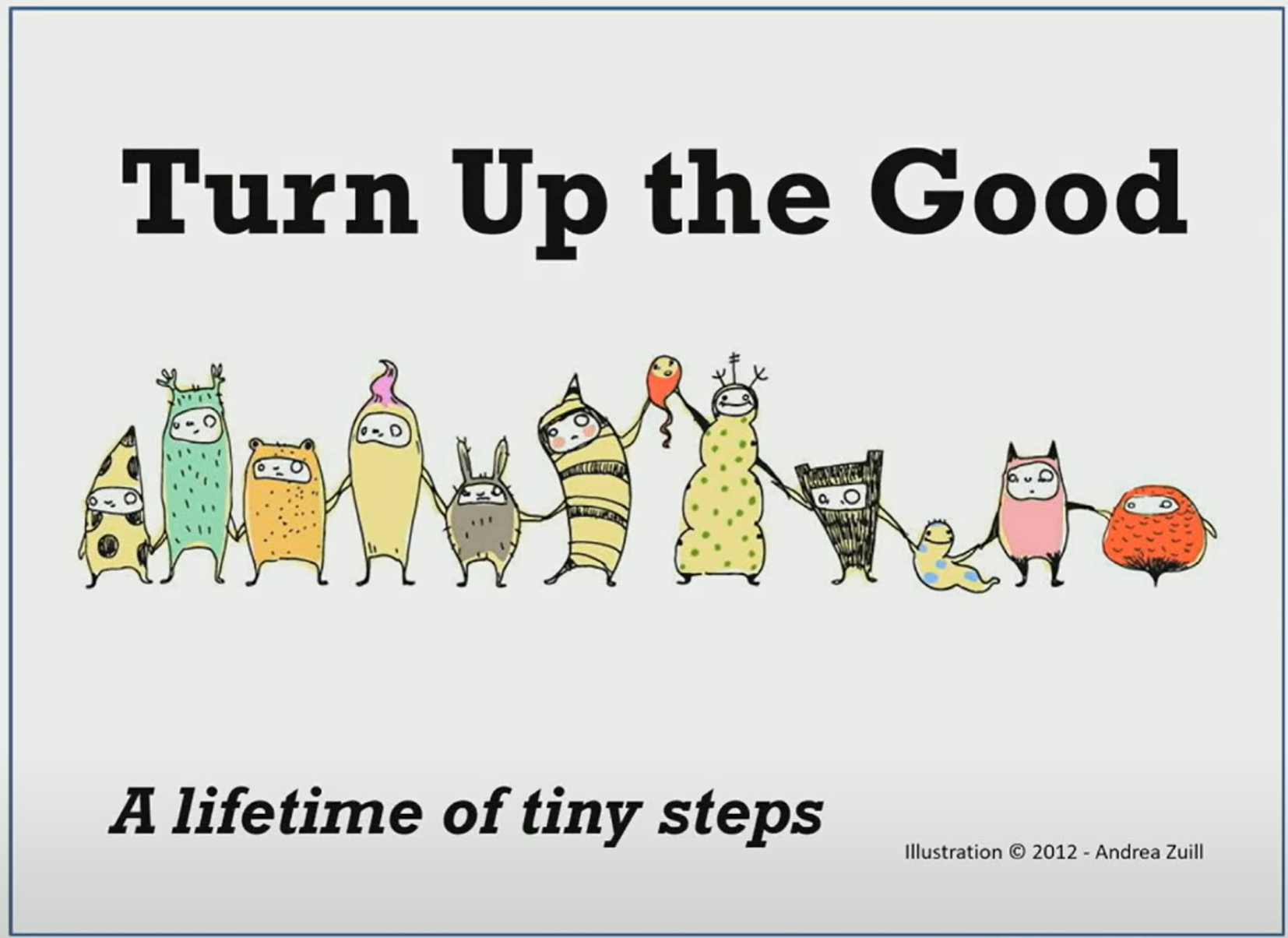What are We Bad At?
-
Simone Rossi
- 18 Mar, 2024
- 02 Mins read

How many times do you feel the pressure to excel at everything? How many times you say "yes I can", but deep down you know it will take a huge effort to make it? And sometimes it's not even worth it...
Sometimes the secret to success is knowing when to say "no" to certain things.
I read an inspiring book called "Friday Forward" by Robert Glazer and it gives the example of IKEA. They decided to focus just on what they were good at (and loved): designing. But not furniture assembly. Yes, that's why they let you do the dirty work. This saves them (and you too) a lot of money.
The lesson to learn from IKEA, is that to be the best at something, you have to be willing to not be the best at everything. It's not about half-doing things, but about focusing on the things that matter most and letting the rest fall into place. Take a look at what you do best, what you care for, what you love, and go all-in on it. And try to find simpler ways to handle things you don't need. You might find that this will bring you more success than you ever imagined.
I found a connection with this and the the concept of "Turn up the good" expressed by Woody Zuill (I thought I wrote an article about , but I didn't! - Anyway I recommend watching this video)
"Turn up the good" emphasizes focusing on what's already working well within a team or organization, rather than constantly trying to fix what's not working. This idea aligns closely with the concept discussed before about IKEA's success strategy. Just like IKEA decided to focus on what they were good at - designing affordable furniture - and let go of tasks like furniture assembly and delivery, Zuill's philosophy encourages teams to identify their strengths and amplify them rather than dwelling on weaknesses.
In the context of Zuill's approach, IKEA's decision to "turn up the good" would involve doubling down on their strengths in furniture design, customer experience in-store, and cost-effective production, rather than investing significant resources in improving areas like furniture assembly or home delivery.
By recognizing and amplifying what's already working well, what you are good at, you can streamline your efforts, maximize efficiency, and achieve greater success in your professional and private life.







